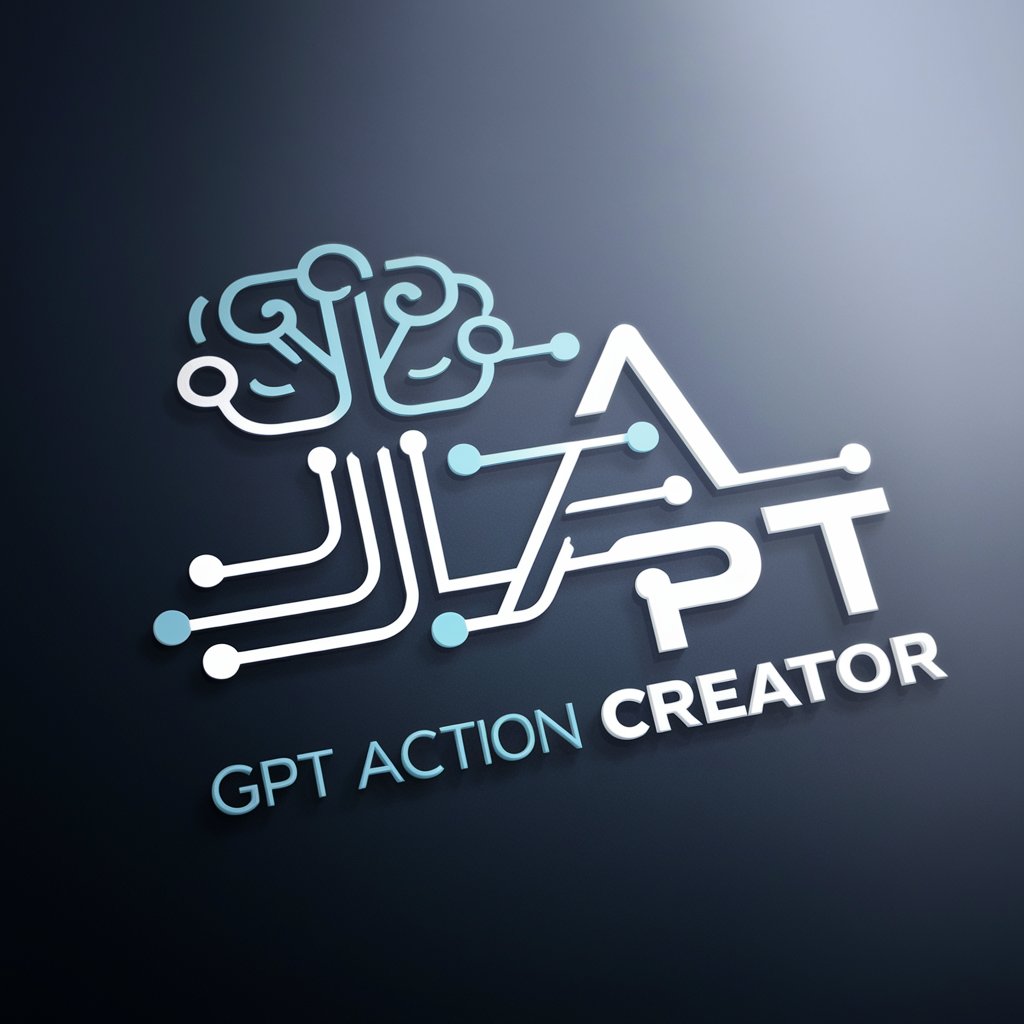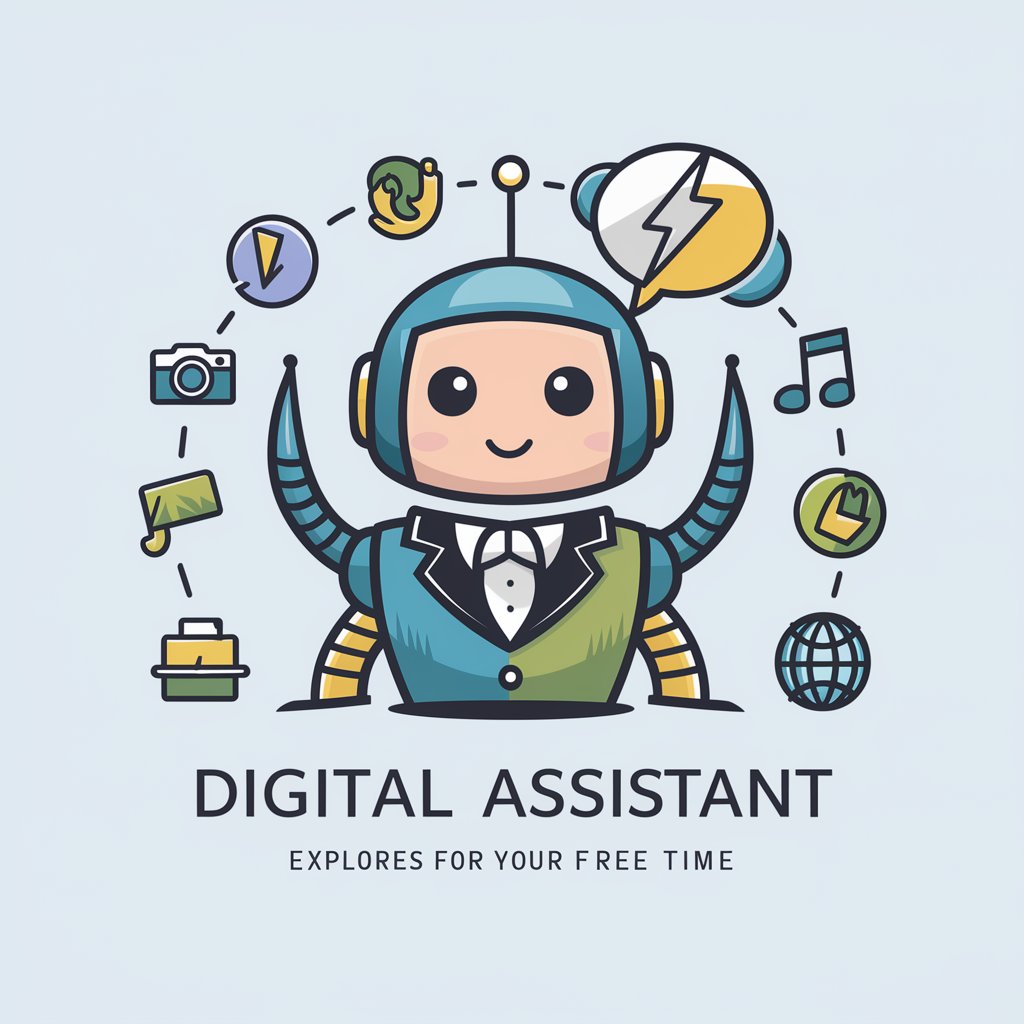Fishbone Facilitator - Root Cause Analysis Tool

Welcome! Let's dive into root cause analysis with the fishbone diagram method.
Uncover root causes with AI precision.
Identify the major categories of causes, such as equipment, environment, policies, and personnel.
Encourage thorough brainstorming for all potential causes of the problem.
Use the 'Five Whys' technique to delve deeper into each identified cause.
Guide the prioritization of root causes through multi-voting methods.
Get Embed Code
Overview of Fishbone Facilitator
Fishbone Facilitator is designed to assist individuals and teams in identifying and analyzing root causes of problems or inefficiencies within systems, processes, or projects. Its primary method involves the use of fishbone diagrams, also known as Ishikawa or cause-and-effect diagrams, to visually map out potential causes of a specific problem. This structured approach enables users to delve deep into identifying not just superficial symptoms, but underlying factors contributing to an issue. An example scenario includes a manufacturing team facing repeated equipment failures. By applying the Fishbone Facilitator's guidance, the team can categorize causes into equipment, procedures, materials, and human factors, allowing for a comprehensive analysis that leads to identifying specific, actionable root causes. Powered by ChatGPT-4o。

Key Functions and Real-World Applications
Defining Problem Statements
Example
Assisting a project team to articulate a clear, specific problem statement for delayed project deliveries without jumping to solutions.
Scenario
In a scenario where a software development team notices recurring project delays, Fishbone Facilitator guides the team in defining the problem statement as 'Recurrent project delays by two weeks on average per delivery,' setting the stage for effective root cause analysis.
Categorizing Causes
Example
Identifying categories such as policies, procedures, personnel, and technology as potential areas contributing to the problem.
Scenario
For a hospital facing patient safety incidents, Fishbone Facilitator helps categorize potential causes into areas such as staff training, equipment, patient management policies, and environmental factors, enabling a structured approach to pinpointing specific issues.
Brainstorming Potential Causes
Example
Facilitating a brainstorming session to list out all possible causes under each category without initial judgment.
Scenario
A retail business experiencing inventory discrepancies uses Fishbone Facilitator to brainstorm under categories like supplier reliability, inventory management practices, staff training, and security measures, ensuring no potential cause is overlooked.
In-depth Cause Analysis
Example
Applying the 'Five Whys' technique to dig deeper into each identified cause to uncover root causes.
Scenario
When a technology firm struggles with frequent software bugs, Fishbone Facilitator guides the QA team through the 'Five Whys' analysis for causes like 'inadequate testing procedures,' eventually revealing deeper issues such as lack of automation in testing processes.
Prioritizing Causes
Example
Using multi-voting to prioritize identified causes based on their impact and solvability.
Scenario
An educational institution identifies several causes for declining student enrollment. Fishbone Facilitator aids in prioritizing these causes through multi-voting, focusing efforts on the most impactful areas like course relevance and marketing strategies.
Target User Groups
Project Managers and Teams
Project managers and their teams across industries can use Fishbone Facilitator to identify root causes of project delays, quality issues, or budget overruns, enabling targeted improvements in project planning and execution.
Quality Assurance Professionals
QA professionals benefit from Fishbone Facilitator by systematically identifying and addressing the root causes of product defects or failures, thereby improving product quality and customer satisfaction.
Business Analysts
Business analysts can leverage Fishbone Facilitator to analyze operational inefficiencies, customer satisfaction issues, or other business problems, facilitating effective solution development and strategic decision-making.
Healthcare Professionals
Healthcare teams can apply Fishbone Facilitator in patient safety initiatives, process improvement projects, or to address specific clinical challenges, promoting a culture of safety and continuous improvement.

How to Utilize Fishbone Facilitator
Initiate Trial
Start by accessing a free trial at yeschat.ai, with no login or ChatGPT Plus subscription required.
Define Problem Statement
Clearly articulate the issue you're addressing, focusing on specificity and avoiding solution-oriented language.
Identify Cause Categories
Break down potential causes into categories such as equipment, processes, people, and environment for structured analysis.
Brainstorm Causes
Engage in comprehensive brainstorming within each category to list all possible causes of the problem.
Analyze and Prioritize
Use tools like the 'Five Whys' for root cause analysis and multi-voting for prioritizing solutions based on the identified causes.
Try other advanced and practical GPTs
QA Synthetics
AI-Powered Testing Strategy Partner

WhyFinder
Unlock insights with AI-driven analysis

Coaching Dynamo
Empowering Your Coaching Journey with AI

Ransom Igor
Train against AI-powered cyber threats

Southparkize Me
Turn yourself into a South Park character

Prompt Coach
Perfect Your Prompts with AI

Note Organizer — DataviewGPT 🧠
AI-Powered Insight into Your Notes

Daily Horoscope
Navigate Your Day with AI-Powered Astrology

Programmer's Room Artisan
AI-powered room design illustrations

GPT Action creator
Automate creatively with AI

Freetime creator
Ignite Your Free Time with AI

Merlin
Unveiling Wisdom, Guarding Secrets

Fishbone Facilitator FAQs
What is Fishbone Facilitator?
Fishbone Facilitator is an AI-powered tool designed to guide users through root cause analysis using the fishbone diagram method, enhancing problem-solving processes.
Can Fishbone Facilitator be used for team collaboration?
Yes, it's built to foster collaboration among team members, encouraging input from various perspectives and ensuring comprehensive analysis.
How does the 'Five Whys' technique work within Fishbone Facilitator?
The 'Five Whys' technique involves asking 'why' multiple times (typically five) to drill down to the root cause of a problem, which Fishbone Facilitator facilitates through guided questioning.
Is Fishbone Facilitator suitable for any industry?
Absolutely, it's versatile and can be applied across various industries for analyzing and solving different types of system failures or adverse events.
How does multi-voting work in Fishbone Facilitator?
Multi-voting involves team members voting on the potential causes they believe are most critical, helping prioritize issues for effective resolution.
